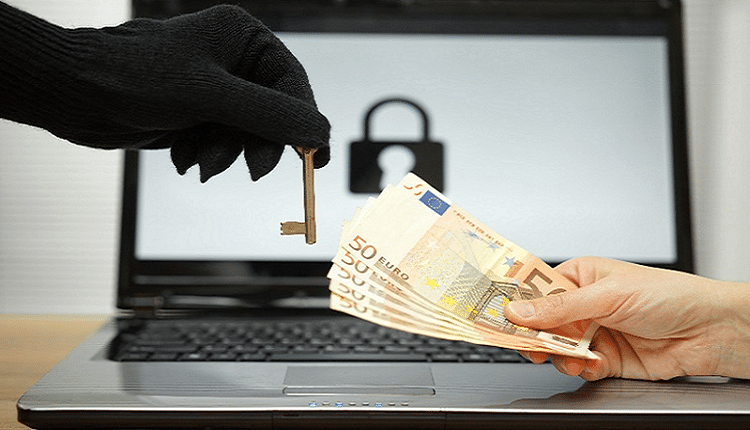Tips to Help You Steer Clear of a Costly Ransomware Attack

TechsPlace | These days we live in such a tech-driven world that vast numbers of people use computers every day for their work, then also utilize related gadgets for personal things, whether reading and posting on social media, staying in touch with friends and family members, researching and buying goods, planning trips or something else.
While we know computers can be massively handy for both professional and personal reasons, the fact is that using them also comes with certain risks. These days hackers keep coming up with more and more clever ways to break into systems, steal information and crash systems, and other nefarious things.
One of the biggest issues which have become a real threat over recent years is ransomware. Millions of companies and individuals are stung by this kind of attack each year, and millions of dollars in lost money, time, and energy are forfeited.
It’s imperative, therefore, to do what you can to boost your online security and keep cybercriminals at bay. Read on for some of the key steps you must take to help protect yourself today and into the future.
Protect Your Devices with Software
One of the best ways to avoid a ransomware attack is to protect your devices with security software. Look for comprehensive antivirus software from a trusted brand that covers you against ransomware plus other forms of malware, and spyware, spam and the like. While there are free versions available, these usually don’t provide as much protection as you really need to ensure you don’t get stung by ransomware, so it’s worth paying a small annual fee for all-over cover.
In addition, use a firewall. Firewalls work as an extra line of defense against hackers, particularly when it comes to them using an internet connection to make their way into your networks. You’ll likely have a firewall pre-installed on your device, which is handy but do check the settings to ensure this has been activated. Alternatively, buy a firewall for protection if required.
Put Hard-to-Crack Passwords in Place

Having hard-to-crack passwords in place is also a must-do. Many hackers are able to access people’s precious information because there aren’t any adequate passwords stopping them. Good codes need to be set up on your computers and any other devices you use to store data, work digitally and browse online, plus you should secure other gadgets such as Wi-Fi routers and smart-home products. On each website, app, and game, etc. that you have to log in to, make sure you use quality passwords, too.
When deciding on the codes you’ll use, stick with something at least eight characters in length, and which is made up of a mixture of things, such as upper-case and lower-case letters, symbols and numbers. This makes passwords harder to guess.
Update Systems Often
It’s vital, too, for all software and computer systems to be kept up to date. Hackers often gain access to data because they find security gaps which have opened up over time, allowing a way in. While many people ignore software update alerts, this is risky behavior. Software manufacturers know that security gaps happen, so they are constantly looking out for them and then release updates to plug these “holes”.
Set up your devices to update automatically so you don’t have to remember to make the changes manually. You’ll need to have updates running across a variety of things, including security software, firewalls, operating systems, browsers, apps, plugins and the like.
Don’t Click on Risky Links or Open Dangerous Emails
Another tip to avoid ransomware attacks is to never click on risky links or open dangerous emails. Many cybercriminals send out messages which have malicious code in them or in their attachments, or they include links in the emails which when clicked on taking people to malware-embedded pages or otherwise provide access to systems.
Also, be wary of clicking on links when on social media sites, particularly when these links apparently take you to legitimate websites (such as banks) where you need to log in. Hackers often set up replicated sites which are designed to look real and trick people.
Back Up Information
Lastly, in case you do get caught out by ransomware, you should be backing up your information on a regular basis so you won’t have to pay money to hackers to get access to your data. Store things off-site, in a way that’s unconnected to your on-premises storage. For example, back up to the cloud on a daily basis.
Follow the tips listed above and you will protect yourself as much as possible from hackers and the threat of ransomware. In turn, you’ll save time, money, energy and stress.
This article is contributed by guest author on techsplace.com.





